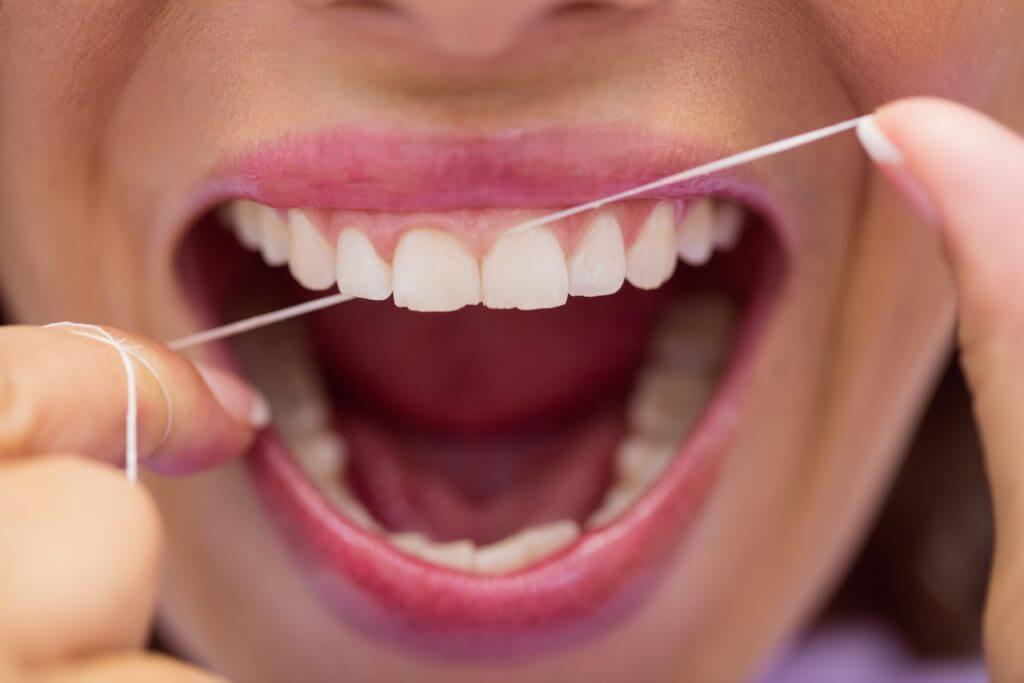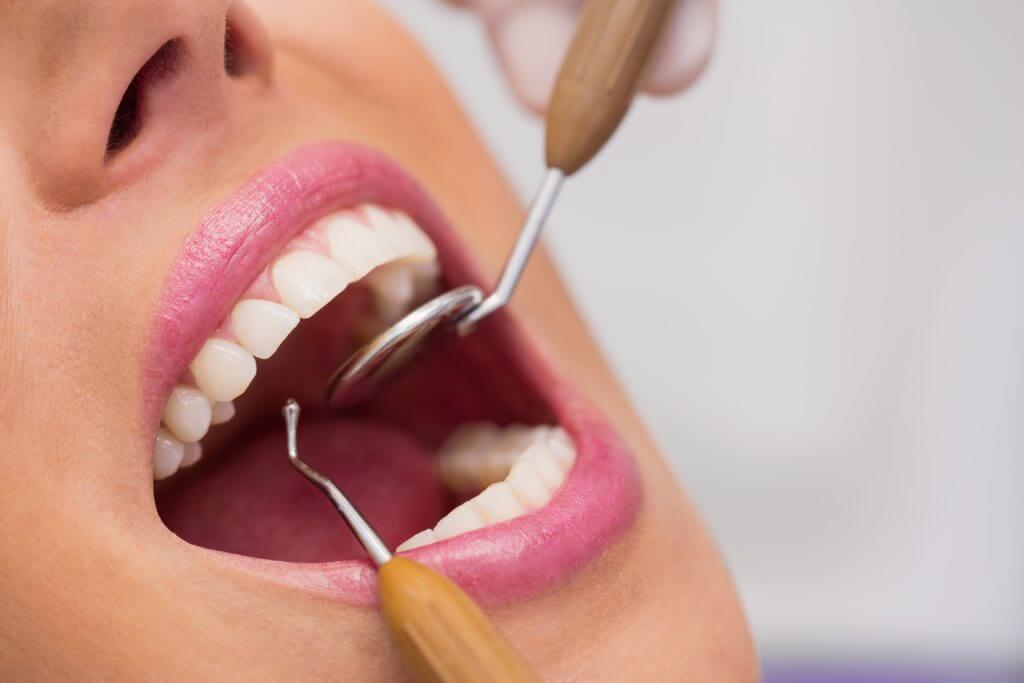When visiting the dentist for your regular checkup, you’ve probably heard them mention tartar. But what is it, how can you fix it, and what can you do to prevent it in the first place?
What is Tartar?
Tartar is one of the most important dental hygiene issues. It’s often confused with plaque, as the two are related, but tartar is a little different.
When plaque forms on the teeth and hardens, it produces a tartar deposit. Unlike plaque, which is a sticky but colorless substance, tartar can often leave a yellow or brown stain on the teeth or just above the gums.
As we get older, tartar deposits build up quicker. So, it’s important to put preventative measures in place to avoid it. Why? Well, once the tartar is there, it bonds to the enamel – making it incredibly difficult to remove. Removal will have to be done by a dental professional. If you’ve ever seen your dentist use a ‘scaler’ to clean your teeth, this is the tool used to remove tartar.
How to Prevent Tartar?
The good news is that tartar build-up can be prevented by removing plaque before it gets the chance to harden. Of course, the first way to remove plaque is by brushing your teeth regularly – at least twice a day – but there are extra steps you can take to prevent tartar build-up.
Use Specific Toothpaste
For extra help, you can find tartar-control toothpaste in most health stores and some supermarkets. Tartar control will often be advertised on the front of the packaging. But, if not, look for toothpaste with pyrophosphate or sodium hexametaphosphate in the ingredients to help combat it. These are great for weakening the bonds of stains to whiten the teeth and preventing new tartar from being formed.
Floss Daily
It’s also important to floss daily. Floss is great for removing food particles and bacteria from in between the teeth – which might not be caught by your toothbrush bristles. You can shop for toothpicks, dental floss, and tape at kentexpress.co.uk. Kent Express also supplies dental surgeries with their tools and equipment, so you know you’re shopping professional-grade products.
Water Flossers and Interdental Cleaners
If you don’t like using floss, or feel it’s not giving you a deep enough clean, try interdental cleaners. These soft-bristled tools squeeze in between the teeth to push out particles which can then be removed. Water flossers have also become popular in recent years as a softer yet effective way to remove food particles and bacteria from those hard-to-reach areas.
Regular Professional Cleaning
To keep on top of the build-up, you should aim to get your teeth professionally cleaned every six months. Your dentist will probably give your teeth a quick clean with a scaler during your regular checkup, but if you’ve not been recently, it’s worth getting booked in.
Professional cleaning can be uncomfortable and intimidating, but it can give your oral hygiene that little boost, remove stains and prevent build-up.
You may also like to read: All You Need to Know About Dental Cavities
Featured Image: Woman photo created by jannoon028 – www.freepik.com







No Comments